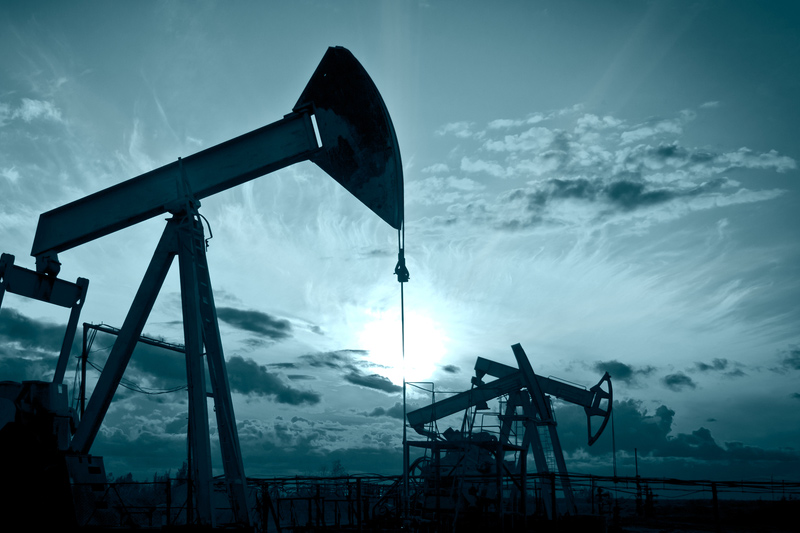By Meagan Clark - Crude oil prices hit a nine-month high near $115 a barrel on Friday amid growing concern about a violent uprising in Iraq.
Brent crude, the international benchmark, rose about 1.2 percent to $114.20 per barrel Friday morning and then fell to $113.35. West Texas Intermediate, the U.S. standard, rose 0.5 percent, at $107.11 per barrel.
The turmoil will likely drive up regular unleaded gasoline prices by 5 cents to 10 cents this week and could keep summer prices elevated, gasbuddy.com analyst Tom Kloza told USA Today. The timing of the political unrest is particularly bad for consumers, as summer driving season typically means a surge in gas demand and higher prices.
Iraq has been the largest source of growth in OPEC oil production in recent years, and traders are likely worried that Sunni-led terror group Islamic State of Syria and Iraq (ISIS) will continue wresting control of the region, including oil fields and refineries crucial to maintaining production levels.
In March, Iraq’s oil production fell by 300,000 barrels a day, leading OPEC’s decline of more than half a million barrels a day, the group said in its March oil-market report. Fighting in Libya and Syria and international sanctions against Iran has reduced their production. Venezuela and Nigeria, also OPEC members, have also struggled to maintain production. Even Saudi Arabia’s production, the largest producer in the cartel, has been falling.
Saudi Arabia, the United Arab Emirates and Kuwait are expected to ramp up production to fill any gaps left by Iraq and Libya, but that means meeting any further shortages will be increasingly tough as their buffer between capacity and production shrinks.

The International Energy Agency, a Paris-based independent industry watchdog, has said for years that North America’s rising oil production may not be enough to meet global demand in the long term, and that growth in production of crude oil and natural gas will be needed from the OPEC countries.
